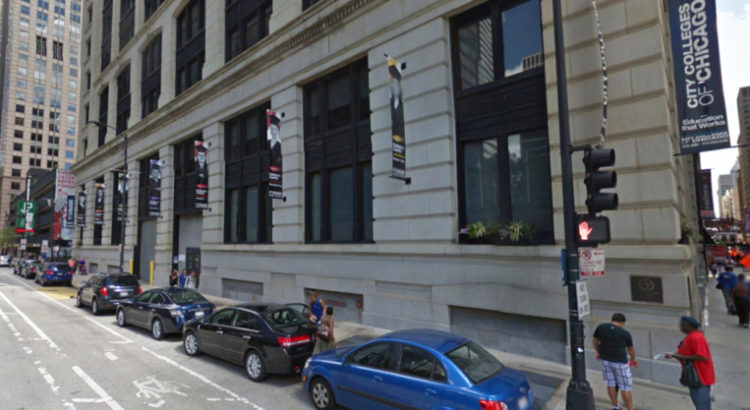Chicago / 04 de octubre de 2017 / Por: Rachel Hinton / Fuente: https://chicago.suntimes.com
Cyntisha Taylor thought she would never be able to return to college until she learned about the Partners in Education program.
She had taken classes at National Louis University but had to quit in 2015 when she became ineligible for Pell Grants.
That decision meant she had to begin paying back her loans, with the high payments keeping her from making real progress on them. Unable to pay back her loans and unable to take out new ones, Taylor said she had given up on getting a college education.
“Once I found out that I exceeded the Pell Grant, I had the mind-set that I would just get a job and put my career goals aside so I could pay my loans and go back to school one day,” Taylor said.
Last year, a professor encouraged her to look into applying to become part of the partnership between Chicago City Colleges and the Chicago Housing Authority. The program covers unmet financial aid and offers academic support for CHA residents and housing choice voucher recipients.
Once enrolled, Taylor transferred some of her credits from National Louis and went to Kennedy King College. Her tuition was paid by the CHA.

Seeing the success of students like Taylor and the growing number of people enrolling into the program, the CHA will add $400,000 to the Partners in Education program for the 2017-2018 academic year, bringing the total to $1.2 million. Last year, the budget was $800,000.
Cassandra Brooks, who oversees the program for the CHA, said the goal of the partnership — which began in 2005 and opened to voucher recipients in 2011 — is to make sure more people have access to education without worrying about the minutiae that often makes that difficult.
Things like transportation to and from college are covered by City Colleges’ UPass program, and students are connected to child care services, job placement and transfer assistance so they can earn their bachelor’s degrees.
Over the past six years, more than 2,200 students have enrolled in City Colleges with support from the program. Seeing the growing number of participants and their success was part of the reason behind the housing authority increasing its contribution.
“Our program provides more nimbleness for students who may have started school decades ago and now see the need to go back,” Brooks said. “Going to college is one of the best ways toward self-sufficiency and a stable future.”
City Colleges Chancellor Juan Salgado said the colleges are “a critical part of the city’s infrastructure,” so it’s important to ensure “upward mobility” for all of the city’s residents.
“We craft our curriculum to meet students where they’re at, and we have a great diversity of students,” Salgado said. “Partnerships like these work because we listen to students, we support them and, in the end, they get something they want. We, as a city, need to do more of that to help people succeed.”
In the program, many students are the head of their household and key breadwinners. The average student is 35 years old and over 80 percent are women. Demographically, 90 percent are African-American, Brooks said. And 54 percent transfer to four-year colleges, Salgado said.
At 36, Taylor fits into these demographics. She said she got serious after enrolling in the program. Her grades had to be up, so she studied harder. Her classes in human services and criminal justice were difficult, but she said advisers pushed her and supported her.
In May, Taylor got her associate’s degree in general studies and plans to complete an associate’s degree in criminal justice before transferring back to National Louis. Without the partnership program, she said, that wouldn’t have been possible.







 Users Today : 54
Users Today : 54 Total Users : 35459520
Total Users : 35459520 Views Today : 80
Views Today : 80 Total views : 3417838
Total views : 3417838